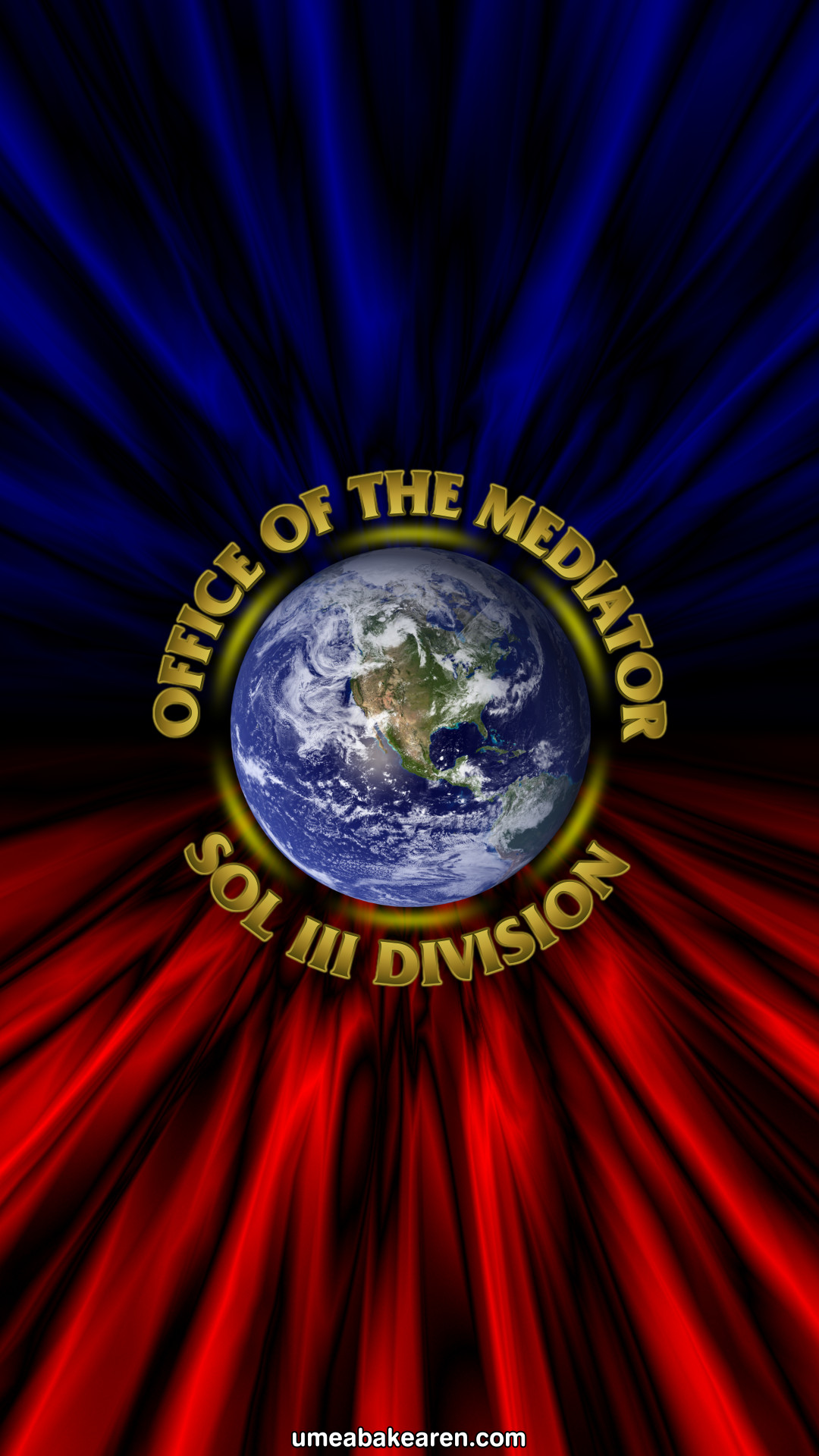In this age of self-examination and sensitivity to cultures beyond our own, there is a growing trend toward trying to use names for people and things that are non-inflammatory. Some resent the practice, denouncing it as political correctness; in doing so, they reveal a measure of unrepentant self-centered thinking within themselves.
One of the more popular themes in science fiction is the first contact with an alien race, or a universe in which beings from various alien races interact, peacefully or otherwise. Star Trek had its United Federation of Planets. Star Wars had the Republic, the Galactic Empire, and now the First Order. The Umea Bakearen universe has the Galactic Union. The convention in science fiction is to call alien races that resemble us “humanoid.”
This isn’t a criticism, exactly. We are, after all, only human. We often describe life forms on our own little planet by their resemblance to other life forms to which we identify. A manatee is also called a sea-cow. There’s a kind of fish called a sea-horse. So naturally, if we were to encounter an alien race, our first attempts to describe them would likely include ways they are similar to us; how they are humanoid.
Suppose, for a moment, some cooperative of alien races were to contact us. How might they describe us to one another? Earthlings? Naked apes? Or–my personal favorite–undeveloped, unevolved, barely conscience pond scum, totally convinced of their own superiority as they scurry about in short pointless lives.
We might not like whatever term extra-terrestrials (another earth-centric term, BTW) use to indicate us, but we’re not likely to be empowered to change it. On the other hand, we might ought to be very careful what terms we use to describe them. They might not like being called Bug-Eyed-Monsters, ETs, Humanoids, or even Aliens.
Our best bet might be to just hope we don’t call too much attention to ourselves in the first place.
